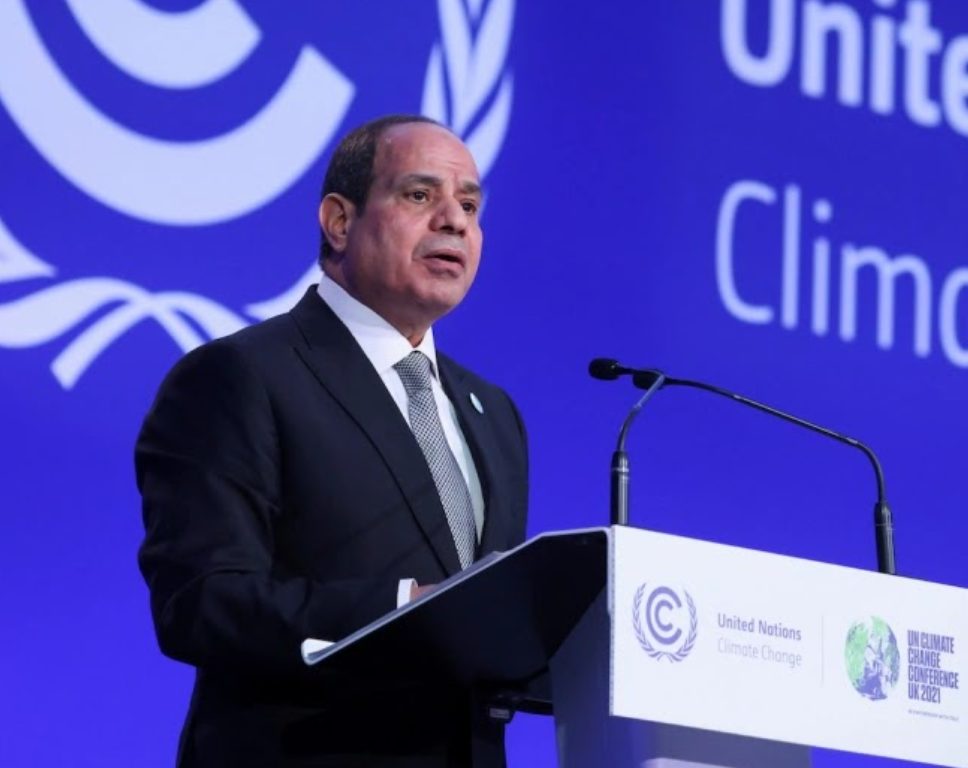By: Christian Lengkeek
The 27th United Nations Climate Change Conference, more commonly referred to as COP27, was held in Egypt, in the city of Sharm El-Sheikh from Nov. 6 until Nov. 18 of this year. One of the conference’s main purposes was to further discuss certain issues that were not resolved at COP26 which was held two years prior in Glasgow. The conference had a variety of aims, a notable one being the agreement to limit the earth’s temperature rise to 1.5 degrees Celsius. Another was to pull together economic resources to support nations facing the consequences of environmental damage.
Many different leaders and advocates from around the world were in attendance. The conference brought together leaders from 110 nations, as well as representatives from the EU and other international organizations. Civilians are also allowed to attend, although such participation was limited by the Egyptian government in attempts to curb potential protests. Key polluters such as China and India neglected to send representatives to the conference. Putin likewise did not attend due to Russia’s preoccupation with the war against Ukraine.

The results of the conference can be viewed through a variety of lenses. The nations in attendance finally agreed to a fund that will help developing nations affected by climate change. That being said, the fund has only been approved, not implemented. Any clear action in determining how and when it will be set up has yet to be decided. The previously held goal of a 1.5 Celsius limit to the Earth’s temperature rise was upheld. This is a victory for those who see any increase above this point as a danger, to the survival of our ecosystem.
However, some have expressed frustration over the agreements made at COP27 seeing as many of its accomplishments were commitments already agreed upon at the previous COP26 conference, and through the Paris Agreement, passed in 2015. Importantly, new incentives to limit the production of fossil fuels were not successfully passed.
Many continue to feel that the climate crisis is not being sufficiently combatted by international organizations such as the UN, or by heads of states. Recently, a rise in protests have attempted to bring awareness to this cause. These protests have included the actions of two climate change activists with the group Stop Oil, who threw soup onto a Van Gough painting to protest fossil fuel production. The protests have been controversial, with some deeming them uncalled for with others applauding them as courageous acts.
Overall, the public reaction has been mixed. Some are disappointed by the relatively small amounts of progress these conferences have made, yet others show signs of hope that we may indeed be on our way to a cleaner and greener future. Kristin Tilly, the Australian ambassador for climate change, said shortly after the conference, “We’ve made historic progress at COP27 to establish new funding arrangements… However, we must strive further in light of the stark findings of the latest science.” This sentiment was echoed by many of the leaders in attendance who focused both on the conference’s success, but also on the need for further action.
Sources: Reuters, The Guardian, un.org, COP27, CNN
